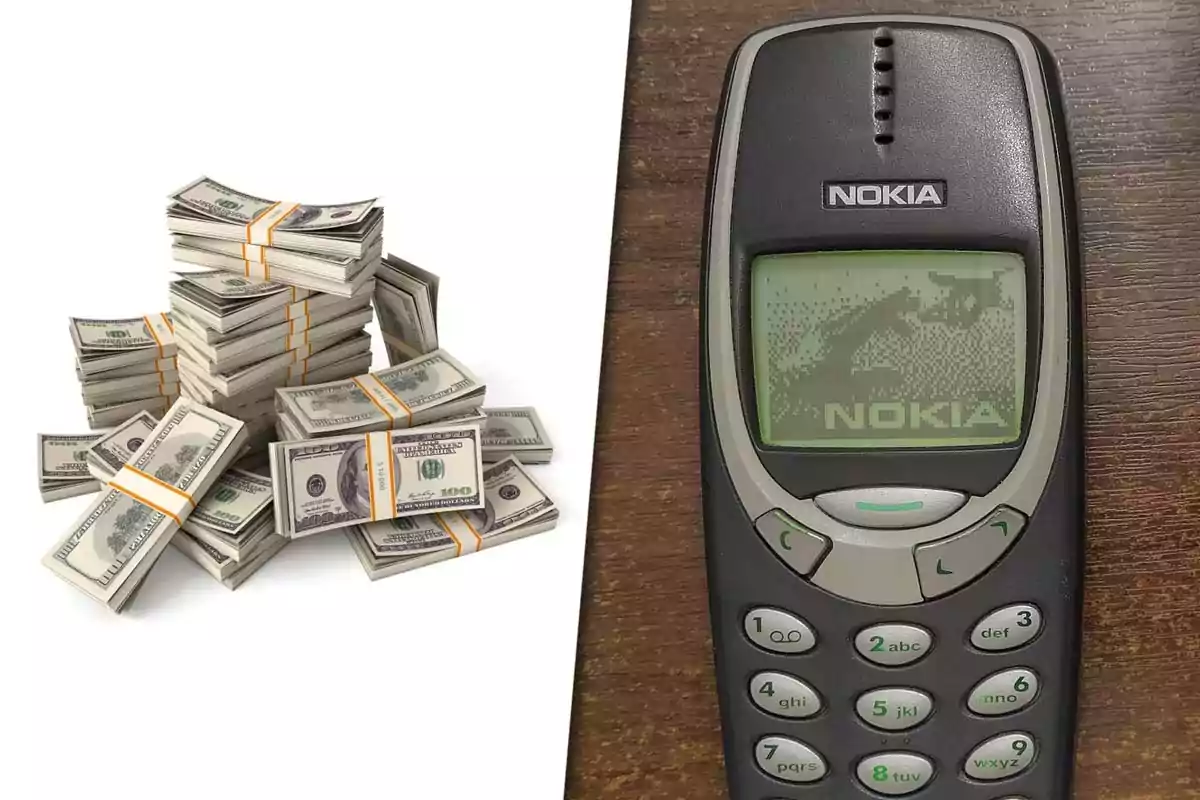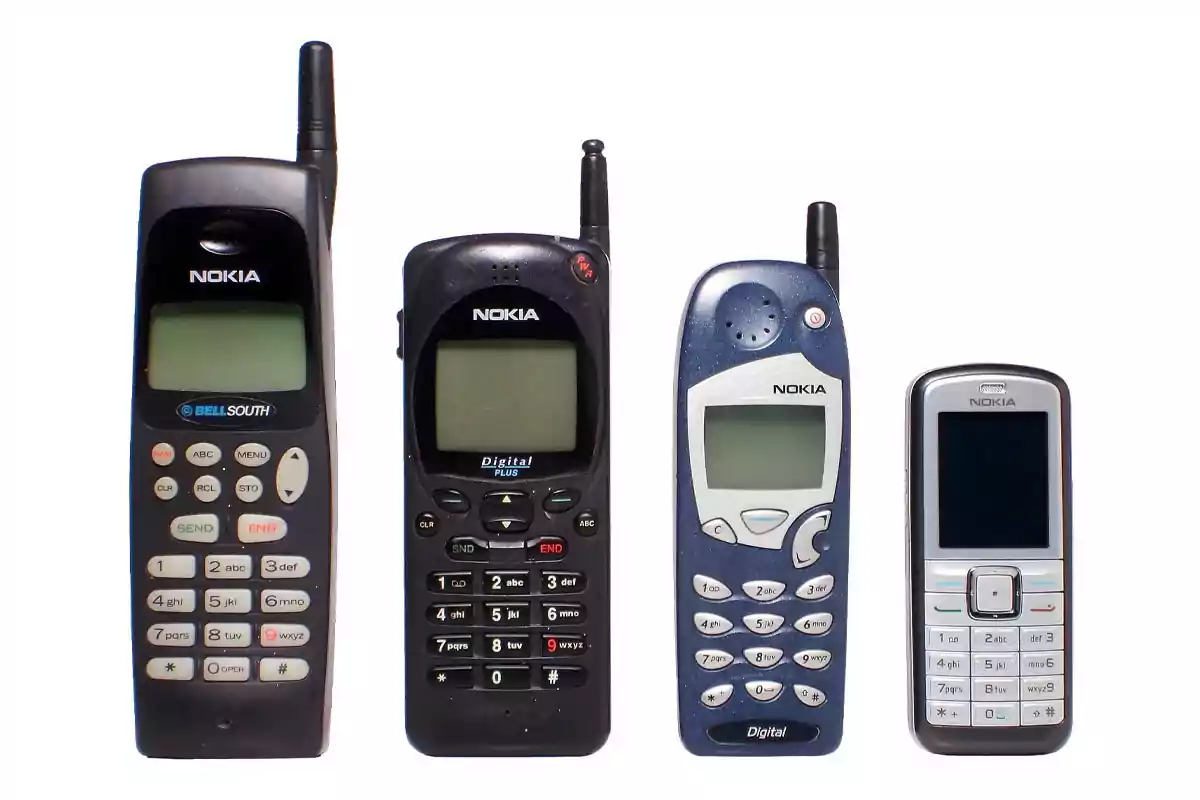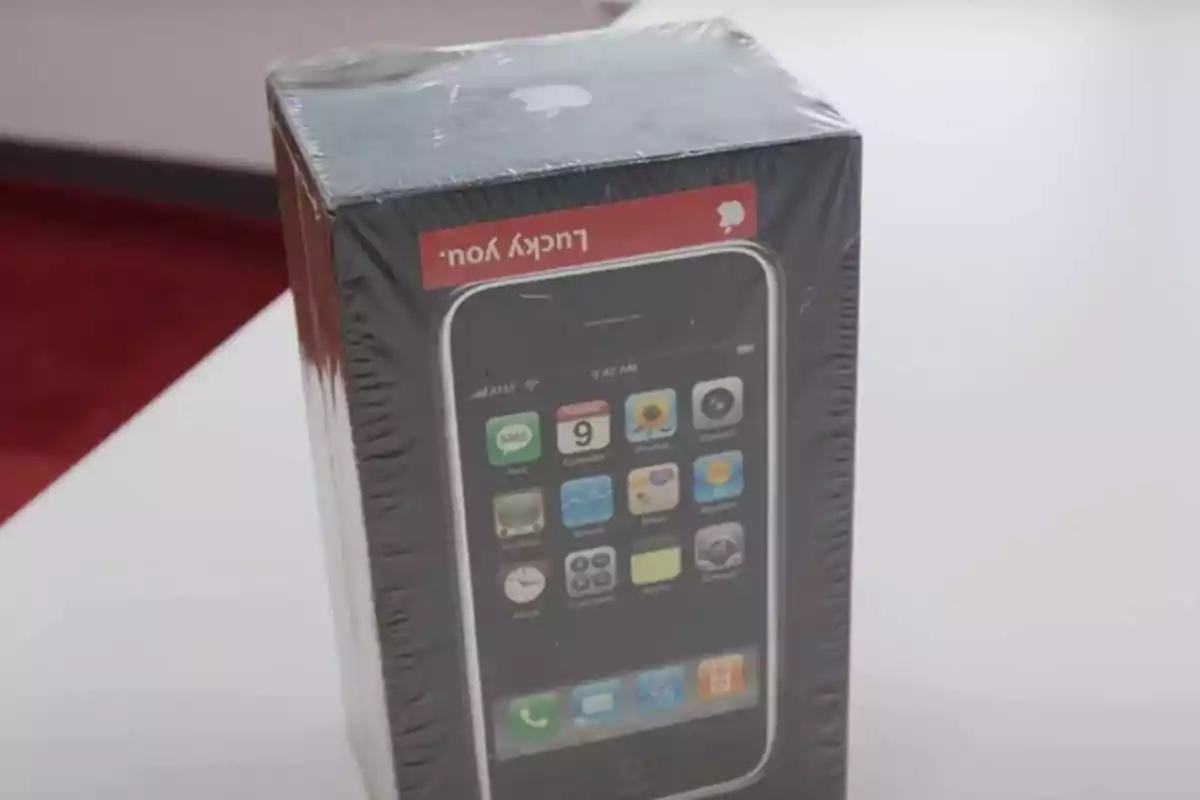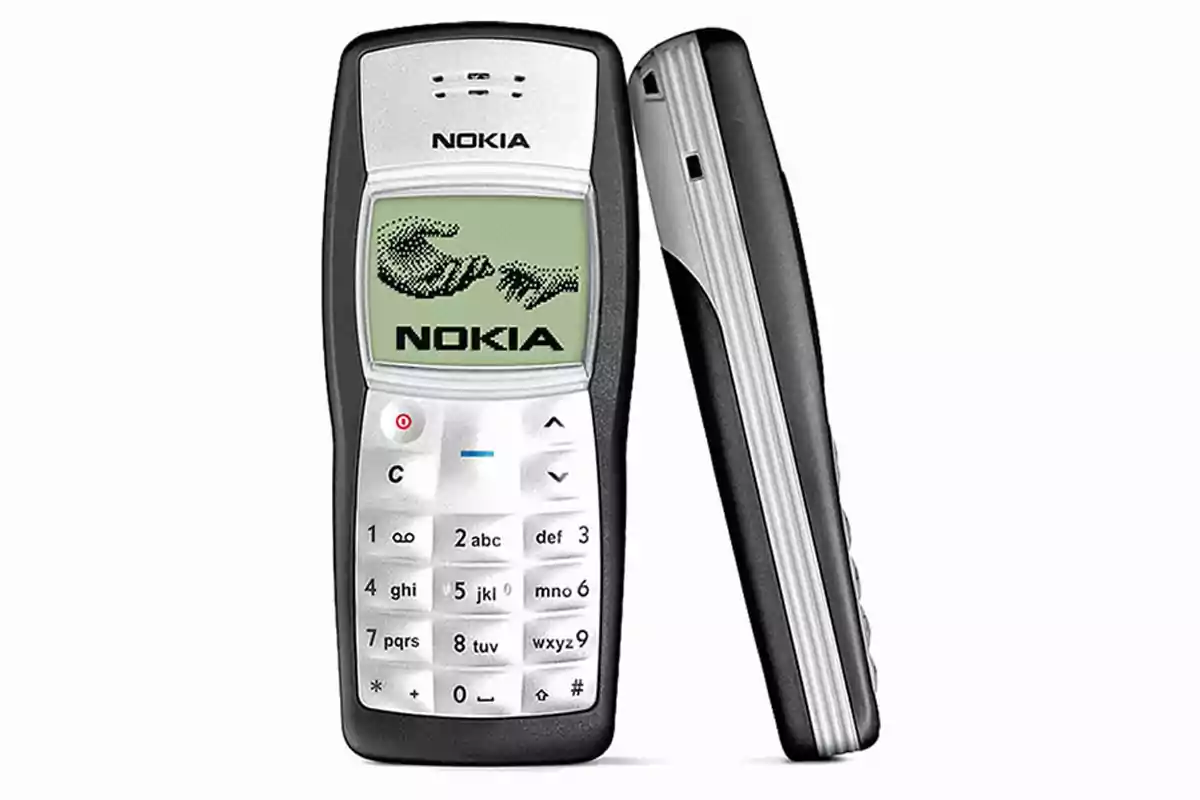
Old cell phones that are now worth thousands of dollars: which ones are the most sought after
Iconic models of vintage cell phones are being sold for thousands of dollars at auctions and online platforms
Technological nostalgia and the search for durable devices have driven up the value of several classic cell phones. Some models are sold for thousands of dollars, especially if they are sealed and in perfect condition.
This phenomenon is growing in the second-hand market and in online auctions. Buyers seek to relive the era before smartphones, when a phone was only used for calls and SMS.

Why they are desired again
Amid hyperconnectivity, interest in so-called dumb phones—free from internet and apps—is increasing. They dominated the 2000s, but became obsolete after the arrival of the iPhone in 2007.
Today, acquiring them means turning to buy-and-sell platforms or auctions, where their prices can surprise even the most skeptical.
Examples of million-dollar sales
A first-generation iPhone, sealed, was auctioned for 170,000 euros (about 185,000 dollars). Without reaching that extreme, several classic models fetch striking figures if they are flawless.

Most valuable old cell phones
- Nokia 3310: from 32 USD
- Nokia Sapphire 8800: from 140 USD
- Motorola StarTAC 70 Rainbow: 215 USD
- Ericsson R290 Satellite Mobile Phone: 755 USD
- Orbitel Citifone RTP101: 775 USD
- Motorola DynaTAC 8000X: from 2,160 USD
The king of mass sales
Nokia 1100, launched in 2003, was the best-selling phone in history. Without a camera or color screen, it stood out for its durability and a battery capable of lasting more than a week.

From basic cell phone to smartphone
In 2007, the iPhone transformed the phone into a multifunctional device with internet and social networks. Models with physical keys began to disappear, giving way to the era of hyperconnectivity.
Advantages of old cell phones
- Economic savings: they don't require expensive data plans.
- Durability: battery lasts several days or weeks.
- Less distraction: without apps, use is more focused.
- Privacy: without internet, there is less risk of data theft.
- Security: lower economic and information impact in case of loss.
More posts: